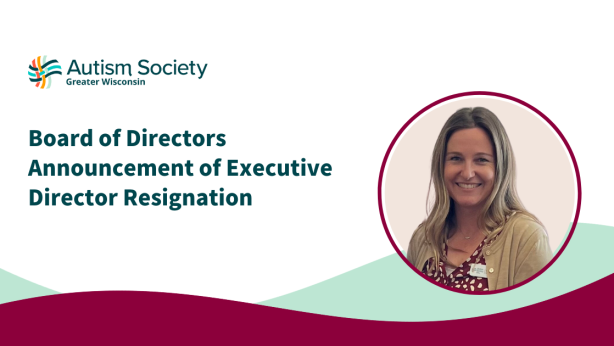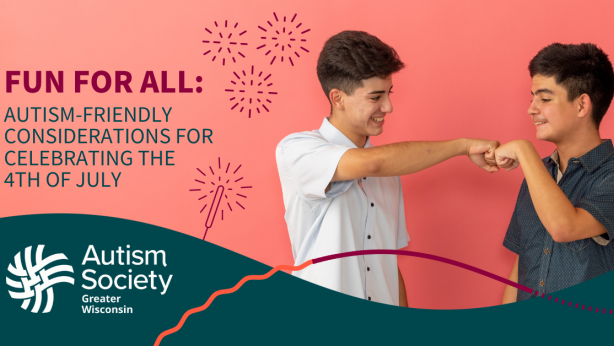An Autistic’s Retrospective: Autism Acceptance Month & the Inform, Influence, Innovate Together in 2021 Virtual Autism Conference
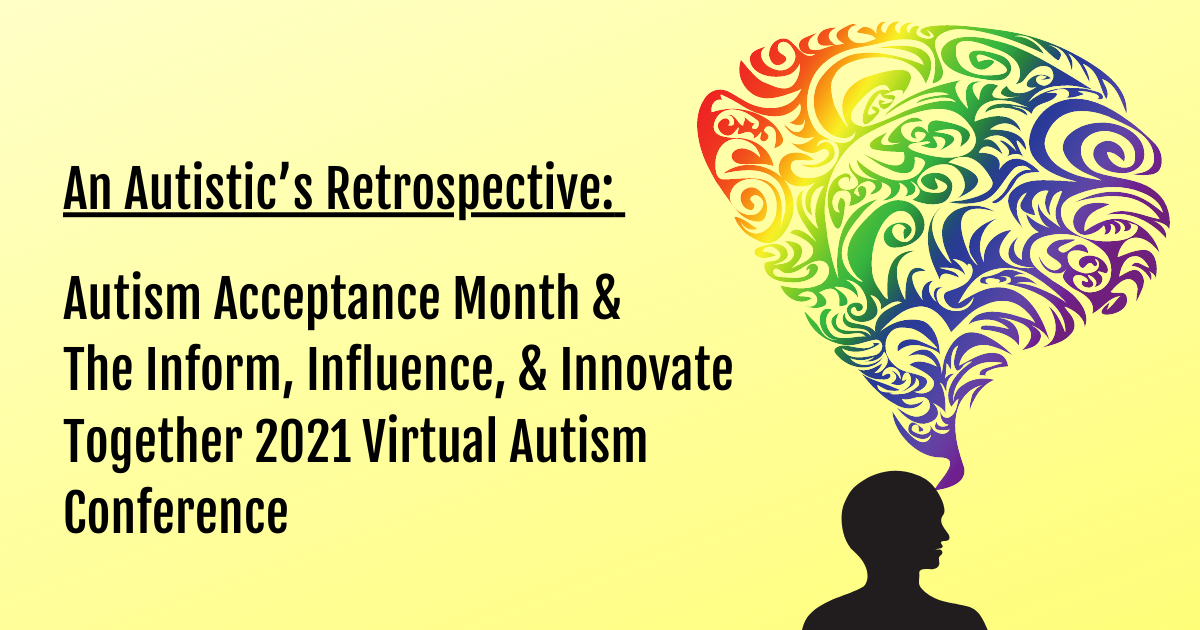
As April has finished up, I’ve had a lot of thoughts about this year’s Inform, Influence, and Innovate Together 2021 Virtual Autism Conference, especially its themes on inclusion, positivity, and forward thinking. I am particularly excited about the Autism Society’s decision to officially alter April from ‘Autism Awareness Month’ to ‘Autism Acceptance Month’. For me, Autism Acceptance means being more than simply aware of Autism; it means being willing to make an active effort to understand and empathize with Autistic people. As an educator and as a person on the Autism Spectrum, I’ve always been a strong proponent of the Universal Design approach to conceptualizing and implementing both spaces and services.
Universal Design refers to a mode of thinking in which things are designed from the ground up to meet the needs of as many people as possible rather than excluding marginalized populations. In a physical sense, it might include placing ramps and elevators into the blueprints of a building right way in order to accommodate individuals with mobility aids such as wheelchairs or crutches. In a nonphysical sense, it might include offering trainings to help a business’s staff to learn more about nonphysical disabilities and how to respectfully interact with someone who has one, or infrastructure built into company policy and operations to accommodate said populations.
Principles of the Universal Design philosophy can also be retroactively applied to a system which doesn’t prioritize difference by implementing understanding and accommodation wherever possible. In physical practice, this might look like restructuring a space by adding a ramp, or moving furniture. In interrelational practice, it might include updating the language used to refer to differently abled people or adjusting schedules and expectations to allow them to do their best work.
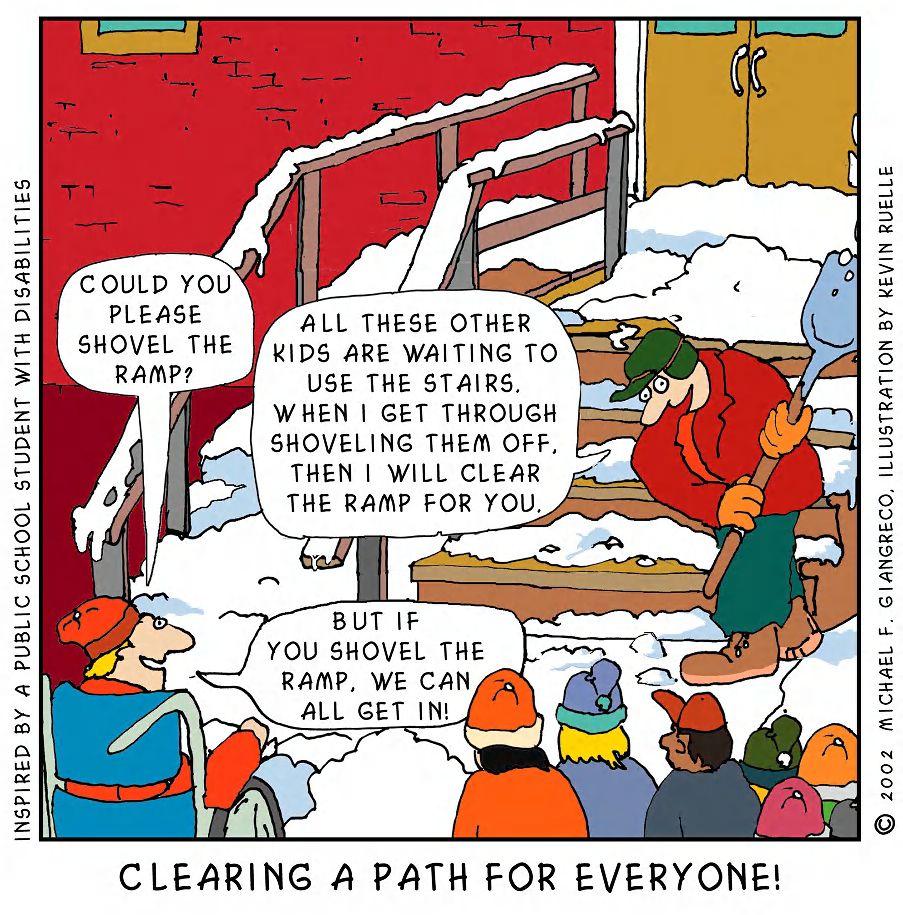
Universal Design is more than a way of creating services and space, however; it’s a way of thinking. By taking into account that not everyone’s mind or body work in the way that a neurotypical or able bodied person’s does, and approaching those around us with a baseline of compassion while still presuming competence, we can more easily understand and interrelate with one another.
In applying this theory to Autism Acceptance, I would like to see more people actively working to understand that Autism is more than a diagnosis; it’s a way of thinking and experiencing the world in ways that can often be positive. The kind of change I hope to see in the world as a result of increased Autism Acceptance includes others not anthologizing Autism and understanding that it isn’t a bad thing to be Autistic. I’d like people to understand that people on the Autism Spectrum, despite having different needs than others, are still people deserving of the chance to be the best that we can be. By accepting Autism, we take one step closer to an inclusive world for everyone and an atmosphere of acceptance and accommodation for differences of all kinds.
Learn More About Universal Design:
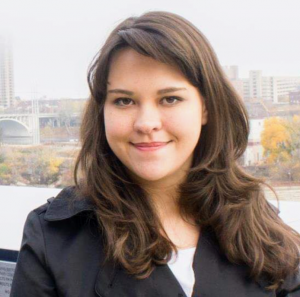
Written by Colleen McCluskey
Colleen McCluskey is a recent graduate at the University of Wisconsin Eau Claire, where she has obtained her Master’s Degree in English. She is a licensed educator for English in Middle and High school, is on the Autism Spectrum with an Asperger’s diagnosis, and is a passionate advocate for people with disabilities, specifically those with mental health challenges.

